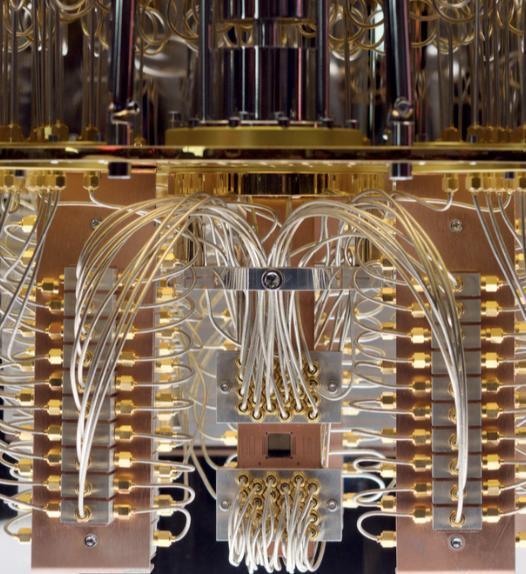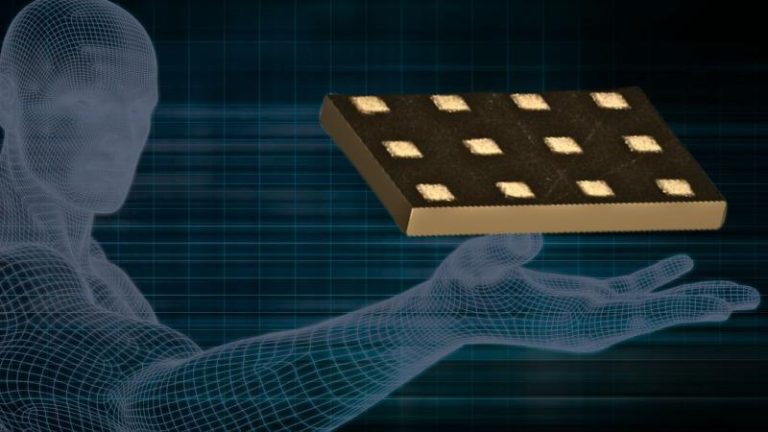
Quantum Computer Generates Truly Random Number for the First Time
In a groundbreaking achievement, researchers from the US and UK have successfully generated a truly random number using a quantum computer for the first time. This feat has been hailed as a significant milestone in the development of quantum technology, as it paves the way for the creation of unbreakable codes and secure communication systems.
The team of scientists, led by researchers from the University of Illinois and the University of Oxford, repurposed a 56-qubit quantum computer from Quantinuum to generate the random number. The computer, which is capable of performing calculations that are exponentially faster than classical computers, was used to create a phenomenon known as “entangled qubits.”
Entangled qubits are a fundamental aspect of quantum mechanics, where two or more particles become connected in such a way that their properties are correlated, regardless of the distance between them. In this case, the researchers used entangled qubits to generate a random number that was so unpredictable that no law of physics could predict it.
The process of generating the random number involved a complex series of calculations, known as a “quantum circuit,” which was designed to take advantage of the quantum computer’s unique properties. The quantum circuit was used to entangle a large number of qubits, which were then measured to produce a random outcome.
To verify the randomness of the generated number, the researchers used supercomputers and theoretical quantum benchmarks. These tests confirmed that the number was truly random, meaning that it was impossible to predict with certainty what the outcome would be.
The significance of this achievement cannot be overstated. Random numbers are a critical component of many modern technologies, including cryptography, coding theory, and statistical analysis. However, traditional methods of generating random numbers are limited by the laws of physics and can be predicted with certainty using powerful computers.
In contrast, the quantum computer’s ability to generate truly random numbers opens up new possibilities for secure communication and unbreakable codes. This could revolutionize the way we approach data security, enabling us to create systems that are resistant to even the most sophisticated attacks.
“This is a major breakthrough in the field of quantum computing,” said Dr. John Martinis, a researcher at the University of California, Santa Barbara. “The ability to generate truly random numbers using a quantum computer has the potential to transform the way we approach data security and cryptography.”
The researchers’ findings were published in the journal Nature, where they described their experiment in detail. The study, titled “Quantum random number generation using entangled qubits,” was led by researchers from the University of Illinois and the University of Oxford, in collaboration with scientists from Quantinuum and the University of California, Santa Barbara.
In conclusion, the generation of a truly random number using a quantum computer is a significant achievement that has far-reaching implications for the field of quantum technology. As researchers continue to push the boundaries of what is possible with quantum computers, we can expect to see even more exciting breakthroughs in the years to come.
Source:






